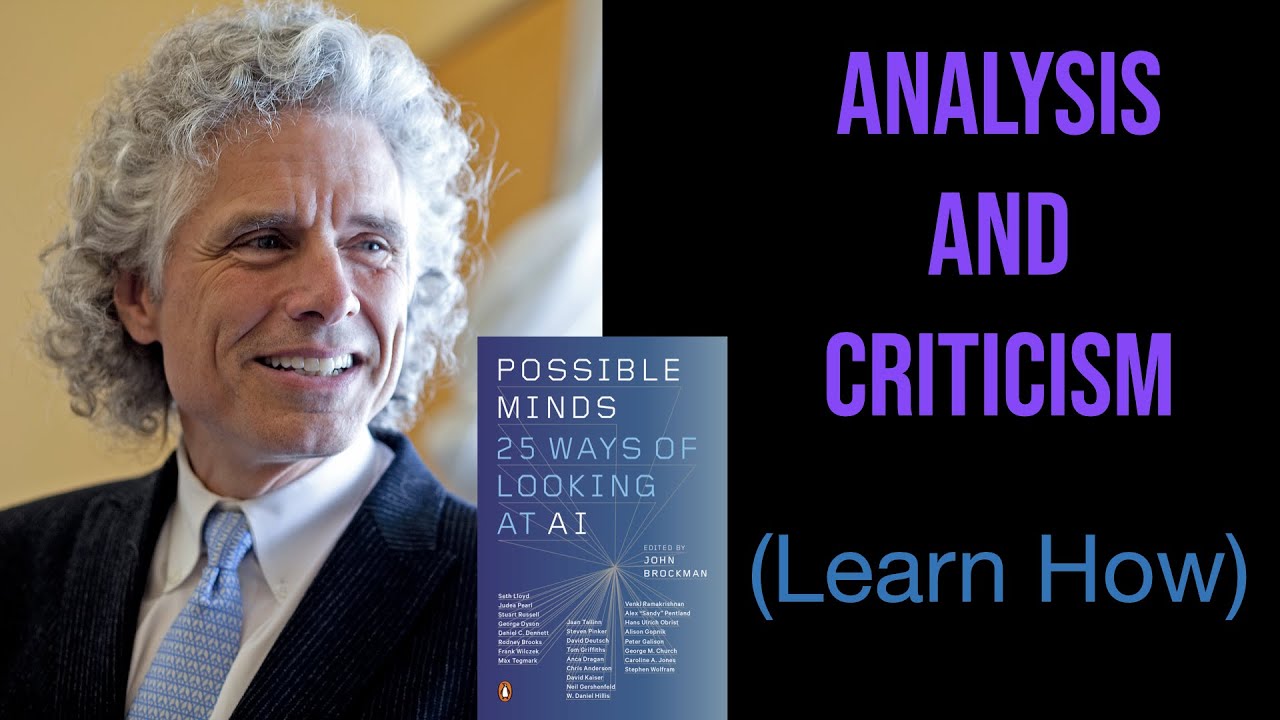Yes it’s both. Yes I can tell by their writing. Example:
But also, when/where/how would they have learned to be good at grammar?
There are different levels of grammar knowledge.
Lots of current intellectuals know what a preposition is. That is actually taught in school (not very well, but smart students often learn it anyway, just like with many other topics).
A bit harder is commas, which are also taught in school badly. I think some intellectuals know how to use commas, but most don’t, and a lot of book and magazine editors don’t know either. The ones who don’t know how to use commas use rules of thumb, intuition, book-reading experience and guesswork so they’re right a lot of the time but they also make some errors that reveal they don’t have a good conceptual grasp of the comma rules. (I think I’m good at recognizing comma confusion partly because I didn’t learn how to use commas correctly until roughly 2018. My mentor didn’t understand commas, overestimated his grammar knowledge, and I think subtly discouraged me from learning grammar which is one of the reasons I only did it years after I stopped having conversations with him.)
Then there’s a harder level like pretty reliably, accurately knowing the parent/child relationships for the words in sentences. I see people get this wrong a lot. Lots of discussions or writing goes wrong because people are confused about e.g. what a modifier applies to or what a conjunction joins. This is one of the main reasons I took an interest in grammar. I was trying to break down what was going on when discussions failed, people got confused, people misread things, people wrote things that didn’t mean what they intended, etc. I looked into more advanced and complex stuff first – I think there are widespread biases related to having overly high expectations about people which are affecting you and which affected me and delayed me figuring out how basic a lot of the errors people make are. These biases make it hard for anyone to admit to errors on these topics where basically society as a whole is pretending that tons of people are already great at this stuff which society regards as basic.
There is also grammar as a small, niche field with some experts/specialists who actually know a bunch of detailed stuff. This is mostly not necessary for most intellectuals. I’ve learned some of this but haven’t focused on it.
There’s already lots of interest in that. Lots of people try to participate in some political debate. And the content of the most popular English podcast, Joe Rogan, is closer to intellectual debates than to sports talk. (I dislike Rogan and think he’s spreading some really harmful ideas like misogyny. But that means he’s spreading ideas not just talking sports! And he also does some good by platforming ideas that have trouble being heard elsewhere, some of which have merit. One of the things I think a lot of his audience likes is that he’s less into gatekeeping than most intellectuals, so that’s a good sign about millions of people already wanting to hear ideas and debates that the mainstream intellectuals are suppressing.)
Unfortunately with current intellectual leadership in biology, medicine, etc., I don’t see that happening.
